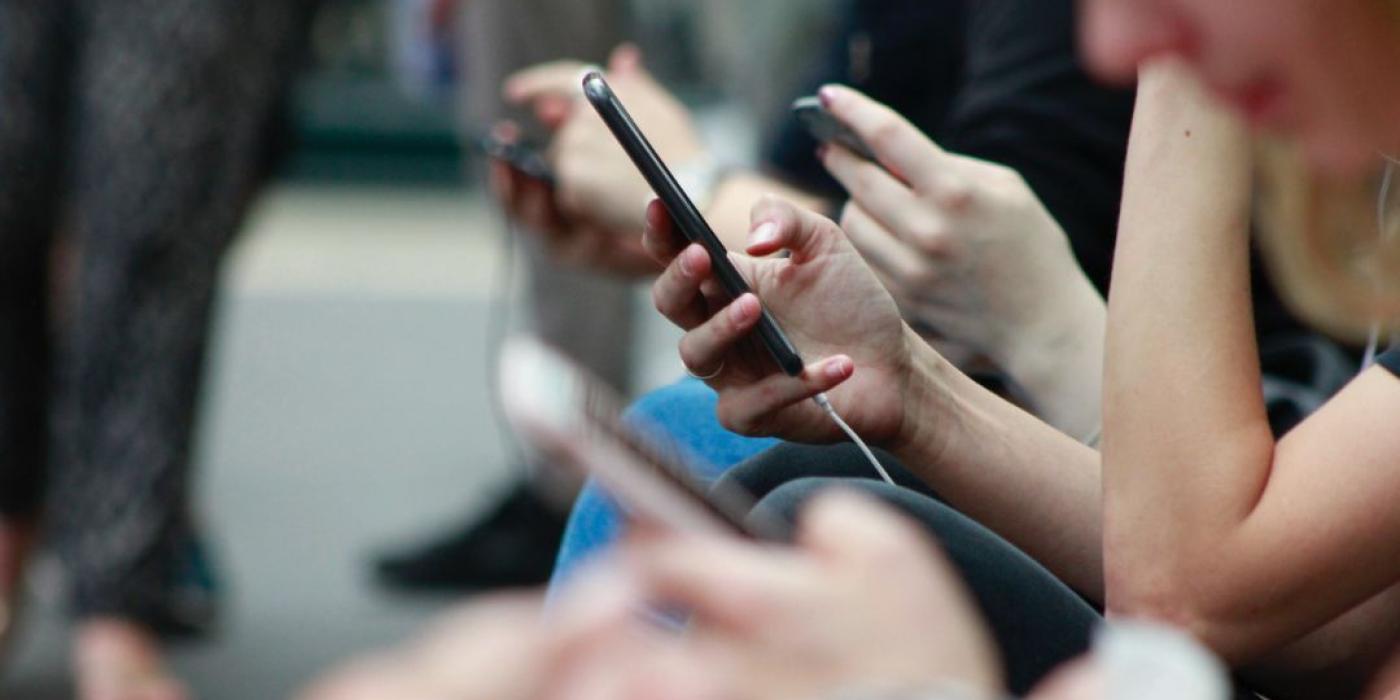
Domestic and foreign media recently reported the disclosure of a former Facebook employee who, among other controversial social media practices, pointed out that Instagram, owned by Facebook, had information about the media’s detrimental impact on young people’s mental health but did nothing, they deliberately ignored the research findings.
In our work, we regularly encounter the consequences of the harmful influence of social media on the self-image and mental health of young people in the Log Out Center - the first specialized help center for various risky online behaviors. In the period of growing up, the search for one's own identity is a key developmental task that children and adolescents perform through comparison with others, peers, role models.
Children and young people spend more and more time on social networks, where they also come into contact with influencers and their posts or follow them. As children and adolescents do not yet have developed critical thinking, they are exposed to the posts of influencers, in which they show certain images, photos, lifestyles, certain types of behavior and use covert ways of advertising products and services in cooperation with companies. Because of their identification with influencers, children and adolescents want to be like them and imitate them. In doing so, they are exposed to processed images, photographs, recordings without their knowledge or to publications that contain elements of covert advertising, which also has harmful consequences for children and adolescents.
The conducted researches have shown the harmful consequences of publishing processed photos on the self-image, mental and physical health of adolescents, which are shown as:
- poor opinion of one's own body,
- striving for perfectionism,
- experiencing pressures and stresses,
- anxiety,
- depression,
- self-harm,
- eating disorders,
- suicide,
- unrealistic experience of the world, people, lifestyles and
- unrealistic expectations of oneself.
Many covert ads of influencers encourage children and adolescents to consume, even though they are financially dependent on their parents. With this, children find themselves under pressure to have such products if they want to be in trend, if they want to be like others, if they want to be accepted. In this way, advertising abuses the uncriticism, gullibility of children, and lack of life experience in order to defend themselves against it.
At LogOut, with seriousness and concern for the mental health of our young people who are loyal users of these networks, we call on the competent ministries to regulate this area as soon as possible and follow the example of France and Norway, which are the field of tagging processed photos and advertising in publications of influencers have already been legally regulated.
